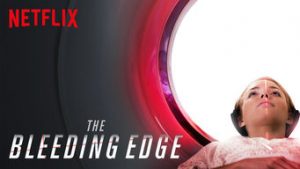
The piece by Dr. Erich Anderer comes on the heels of the release of the Netflix documentary “The Bleeding Edge.” Making waves over its portrayal of the cozy relationships between the medical device industry, the regulators who are supposed to keep us safe, and the doctors choosing what devices to use, the film has people talking on all sides of medicine – as well as law.
While Dr. Anderer makes a point to ensure that readers know that he feels the documentary has “sensationalize[d] individual stories of complications from early-stage medical devices,” he also cites numerous anecdotes and experiences that show that, like everyone else, doctors and other medical professionals can fall prey to the tactics used by drug and device reps to ensure that their products make it into patient bodies and not those of their competitors. “If asked,” he says, “I would struggle to name a spine surgeon who hasn’t been to an industry-sponsored event – I certainly have – or a cardiologist who hasn’t had a drug rep buy lunch for the office at some point in their careers.”
In the end, when so much is left to the manufacturers and the “ethics” of the agency put in charge of their devices’ approvals, your safety may just come down to one doctor having the courage to question the basis for another doctor’s decision. “Only another orthopedic surgeon would be expected to possess the contextual knowledge to question whether a colleague chose a specific hip implant based on the strength of scientific evidence,” says Dr. Anderer, “or simply because he or she has an inappropriate connection with its maker.”
